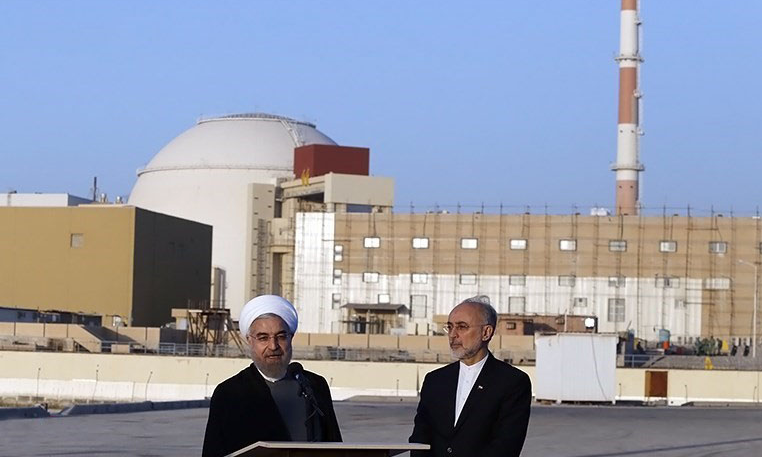June 11, 2025 — The fragile geopolitical landscape surrounding Iran’s nuclear program escalated sharply on Wednesday, as Russia announced its readiness to remove highly enriched uranium from Iran, while the United States voiced skepticism over a possible nuclear agreement, and Iran threatened retaliatory strikes on American military bases if tensions lead to conflict.
Russia Proposes Uranium Removal to Ease Tensions
In a significant diplomatic move, Russia stated it is prepared to extract highly enriched uranium from Iran and convert it into civilian reactor fuel. The offer, which echoes past nuclear containment strategies, aims to help narrow the divide between Tehran and Washington over the future of Iran’s nuclear activities.
Russian officials emphasized that the proposal is designed to serve as a de-escalatory measure amid increasing U.S.-Iran friction, positioning Moscow as a potential mediator in the ongoing nuclear dispute. The move could help address U.S. concerns about the proliferation risk posed by Iran’s stockpile of enriched uranium.
Trump Expresses Doubt Over Nuclear Deal Prospects
Despite Russia’s intervention, U.S. President Donald Trump struck a pessimistic tone regarding the future of negotiations with Iran. In an interview released Wednesday, Trump said he is “less confident” that Iran will agree to halt uranium enrichment—one of the key conditions Washington has set for reviving a nuclear accord.
This cooling of optimism signals growing mistrust between the two governments, even as intermittent diplomatic channels attempt to revive some form of agreement following the U.S. withdrawal from the 2015 Joint Comprehensive Plan of Action (JCPOA) and Iran’s subsequent enrichment advances.
Iran Issues Stark Warning Against U.S. Military
Further escalating tensions, Iran’s Supreme Leader Ayatollah Ali Khamenei warned that Tehran would directly target U.S. military bases in the region if conflict erupts over the nuclear issue. “Washington cannot have a say on this matter,” Khamenei declared, firmly rejecting U.S. demands to curtail enrichment activities.
His remarks followed Trump’s own suggestion that military action remains on the table if diplomatic efforts break down. Iran’s threat to strike American bases deepens fears of a regional confrontation and underscores the high stakes involved in the standoff.
An Increasingly Volatile Stand-Off
Wednesday’s developments reveal a volatile three-way dynamic: Russia offering diplomatic solutions, the U.S. signaling growing doubt, and Iran issuing military threats. While Moscow’s proposal may provide a pathway for technical cooperation and tension reduction, the political trust necessary to forge a lasting agreement appears to be deteriorating.
With both Washington and Tehran hardening their positions, analysts warn that the risk of miscalculation is rising. The international community, including the UN’s nuclear watchdog, is watching closely for signs of either a breakthrough or a breakdown.
As the standoff continues, the prospect of renewed conflict looms over the Middle East, with diplomatic channels strained and military rhetoric escalating on all sides.
Iran President Hassan Rouhani and Head of Iran Atomic Energy Organization(AEOI) Ali Akbar Salehi in Bushehr Nuclear Plant Pic by Hossein Heidarpour



